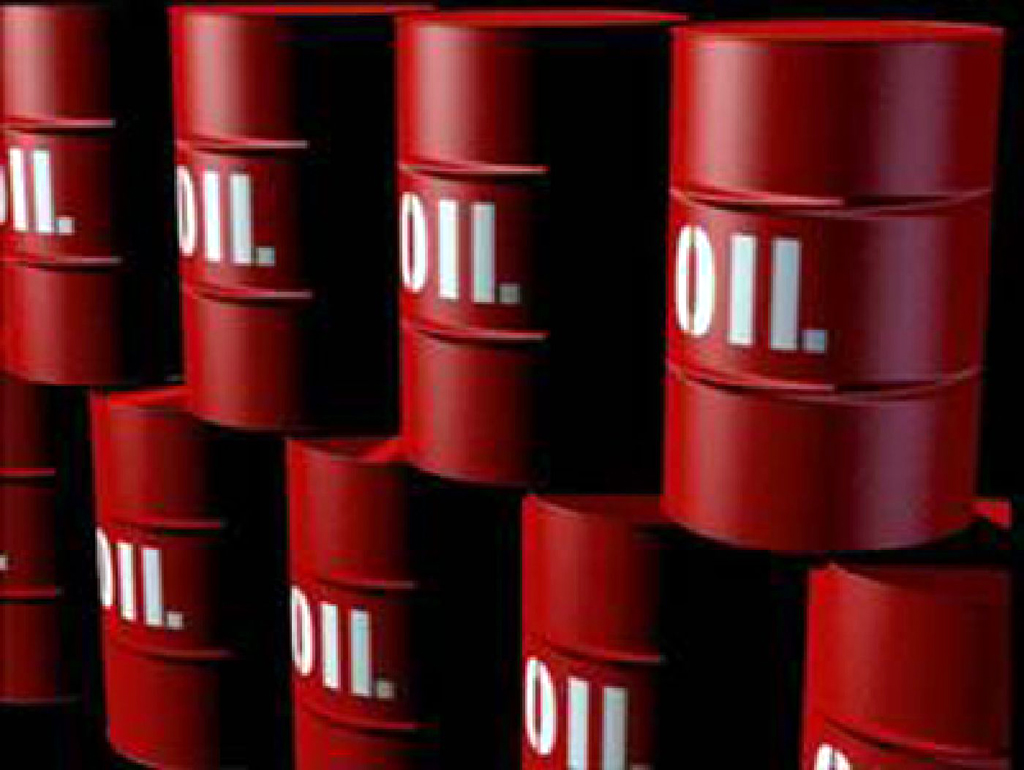 NEW YORK: Oil futures seesawed on Monday, rising early on concerns that tanker attacks in the Middle East could disrupt supplies, then retracing gains as Wall Street slid on worries about the global economy from a standoff in the Sino-US trade talks.
NEW YORK: Oil futures seesawed on Monday, rising early on concerns that tanker attacks in the Middle East could disrupt supplies, then retracing gains as Wall Street slid on worries about the global economy from a standoff in the Sino-US trade talks.
Brent crude futures were up 22 cents at $70.84 a barrel by 11:42 a.m. EDT (1542 GMT).
US West Texas Intermediate (WTI) crude futures were up 4 cents at $61.70 a barrel.
Saudi Arabia on Monday said two Saudi oil tankers were among vessels attacked off the coast of the United Arab Emirates. It was unclear how the attacks occurred.
"This attack raises the stakes for oil and will add more volatility," said Phil Flynn, an analyst at Price Futures Group in Chicago, in a note. "Trade war concerns can have an impact on demand down the road, but geopolitical events can impact oil supply now."
On Sunday, the UAE said four commercial vessels were attacked near Fujairah, one of the world's largest bunkering hubs. The port lies near the Strait of Hormuz, a vital oil export waterway.
Iran's foreign ministry described the incidents as "worrisome and dreadful" and called for an investigation.
Saudi Arabia is the largest producer in the Organization of the Petroleum Exporting Countries (OPEC) and the UAE is third.
The US Maritime Administration said in an advisory on Sunday that the incidents off Fujairah, one of seven emirates in the UAE, had not been confirmed and urged caution.
Volumes were strong in early US trading, with more than 670,000 US crude futures contracts changing hands.
Oil was pressured by a slump in stocks and other risk assets as investors moved into safe havens like Treasury bonds due to the intensifying US-China trade war.
China plans to impose tariffs on $60 billion worth of US goods, the finance ministry said, after Washington escalated the trade war with a tariff hike on $200 billion of Chinese products.
Oil prices have risen more than 30 percent this year, supported by supply concerns as the United States imposed sanctions on Iran and Venezuela.
Washington reimposed sanctions on Iran in November after pulling out of a 2015, nuclear accord between Tehran and world powers.
Iran insists on exporting at least 1.5 million barrels per day (bpd) of oil, triple May's expected levels under US sanctions, as a condition for staying in an international nuclear deal, sources with knowledge of Iran-EU talks said.

























Comments
Comments are closed.